|
Rating: R, Time: 2hr 45min, Director: Quentin Tarantino, cast on IMDb So why are you reviewing Django now? Well to be honest all the movies suck this week, so I don't think I'll review them. I thought it best to review some of the best made movies of all time for a change. If you haven't seen it, Tarantino turns spaghetti western into an in depth look at slavery that westerns typically avoid and creates a mythical black hero in Django. Are there no black heros during slavery? Actually there is Harriet Tubman to name one. She escaped from slavery and then went back to bring 70 people in 13 trips out of slavery to Canada and freedom. She additinally served as a scout and spy of the US government during the Civil War. She is authentically bad ass. During Obama's presidency there was a decision to include her on the $20 bill replacing Andrew Jackson. Since that plan didn't get launched before the end of his administration, the Trump Secretary of the Treasury Steven Murchin refused to carry out this plan. Likely, they will say to save money, but it would be a great step in the right direction to heal the nation by replacing one of the slave holder presidents with a true freedom fighter. She risked more than any of those presidents, she risked her own personal freedom and likely life. In a way this story encapsulates the issue of slavery into modern times. The US never really dealt with the topic headon; we just assumed everything was alright after the Emancipation Proclamation until the 1960s. Does Tarantino take a historical look at the topic? The director addresses the topic via a mythical story that ends up exposing the many layers of slavery, how it impacted all races at various stations in life. You got to see how poor whites held a bit of dignity over the slaves, how slave owners regarded themselves as gentlemen, businessmen and righteous in their slavery dealings and even high end slaves like the Head House Slave Stephen played by Samuel L. Jackson or call girl black mistress Sheba played by Nicole Galicia. What did you think of Stephen character? This is the high quality of Samuel L. Jackson's work. I honestly didn't realize it was Samuel L Jackson for several scenes. He really captures the docile head servant while keeping the rest of the plantation slaves in line especially inside the Big House. He honestly plays the power behind the throne, which is the younger Calvin Candie, played by Leonardo DiCaprio. How key are the introductions to each character? They are fundamental to how Quentin defines the character's value, soul and morality. With Calvin Candie, we hear his is the worst plantation owner in all of Mississipi. So we are thinking how bad can this guy be? We find out in his spare time while not running the cotton plantation he is throwing mandingo slave matches to the death. Here we see that this owner is so wealthy from cotton planting that he can waste some of his strongest slaves to illegal boxing/wrestling matches. Historians say there were no such types of fights as slaves were pure economic muscles not to be wasted on extravagent matches. In a way Quentin has made slavery worse than it was if its possible to say that. I like the element of this fight scene as it shows how immoral of a character he is. Additionally, we get introduced to Sheba, one of the high end pleasure girls that cooly sips a cocktail while her fellow slaves are fighting to the death. You get a window on how every level of slavery there is buy in to survive and even kind thrive in the brutal system. How real is this scene from a historical perspective? Well, I think the director is again reaching to define the characters in a story vs. reality. In general, slaves were attacked on the plantation primarily as they were considered property. The white wife would object and generally beat the victims as she could not attack the husband although I assume there would be cases of wives attacking their husbands in vengeance. The problem was there was no divorce, so attacking the victim of the husband was the escape valve even though the victims could be as young as 13. Below is a historical painting from 1632 to show rape. This is idealized since it is a painting dreamed up by the artist although it does capture the element of mass rape without a thought. The worst part of slavery was the children of the rape would be born into slavery and treated as such even though they were his children. A famous case is of Thomas Jefferson, 2nd US President, that fathered six slave children of his own. To this day the white descendants refuse to acknowledge the black branch of the family despite DNA proof. Three young men and a woman - Christiaen van Couwenbergh Were there other scenes that really stand out? One of the scenes that really sticks in your head is when Django played by Jamie Foxx tricks the slave handlers on his passage to the dreaded mining operation, where it is intended to break Django's spirit and legend. Django luckily has his first kill in his pocket as a bounty hunter that he uses to gain his freedom and then betray the foolish traders. He rides into the sunset. The really genius part is that the remaining slaves remain in the cage despite having the ability to flee. They still have not yet left their mental slavery. As Bob Marley would sing Emancipate yourselves from mental slavery None but ourselves can free our minds What do you think the impact of the film is? Well, as the director points out blacks will now have their first super hero of slavery and redeems black marriage within slavery at the same time. Many assume that the slave system broke marriage within slavery. It definitely tried to do this, but the strength of religion, merging of multiple African religions into Christianity lay the roots of the continue belief in marriage despite the likelihood of being separated over time, sold down the river, etc. I think it is hugely important to portray this in this manner similar to the strength of the book Adventures of Huckleberry Finn that details the life of a young poor white boy learning about how human slaves can be in his friend Jim that he helps evade capture. The author wrote the book a mere 20 years after slavery. Have you done any work on slavery? Kind of. One work I did is another country North Korea that shows the prisoner or poor starving kids next to the photo of Dennis Rodman trying to befriend Kim Jong-un. Here we have almost the reverse story where the American black is the rich decadent hero having little effect on a young ruthless dictator. Its interesting in that modern slavery in many forms continues to this day. The regime deports whole families into prison and the births in prison became prisoners as well. Da Worm and Nuke Kid on the Block - 24x48 inches
0 Comments
Please share via Facebook or Twitter!
Leave a Reply. |
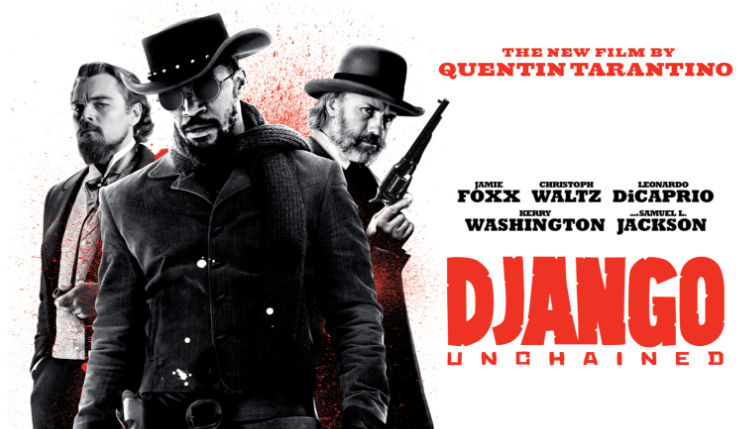
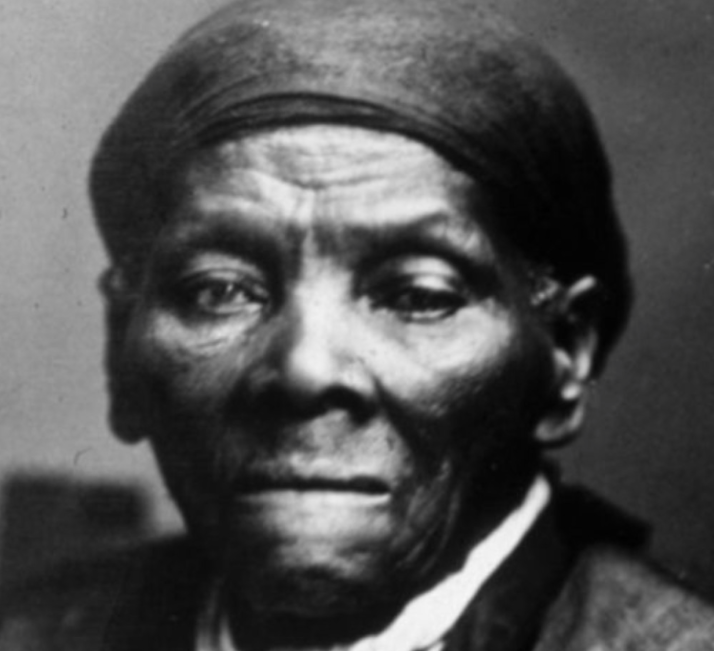
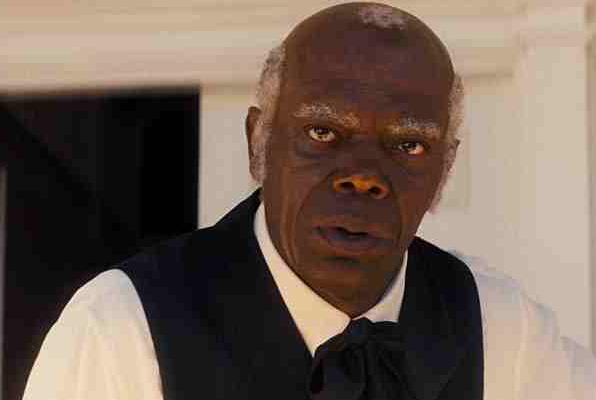
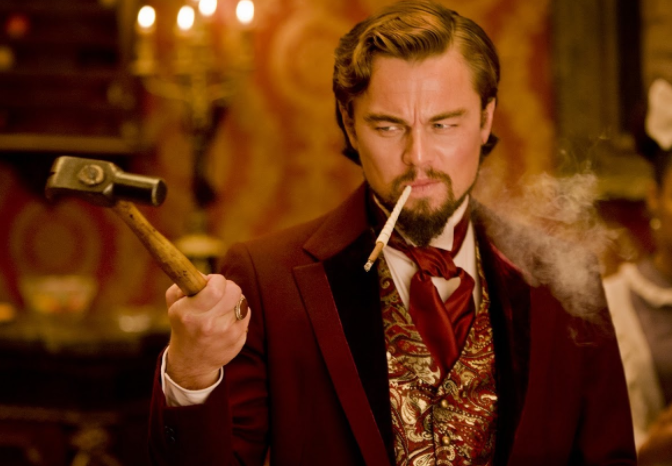
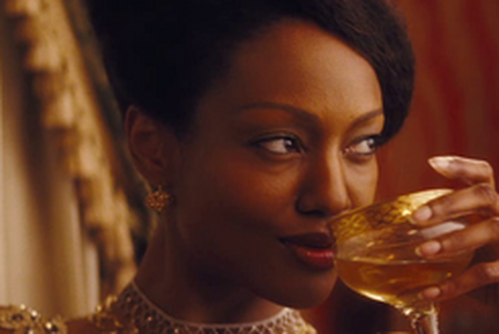
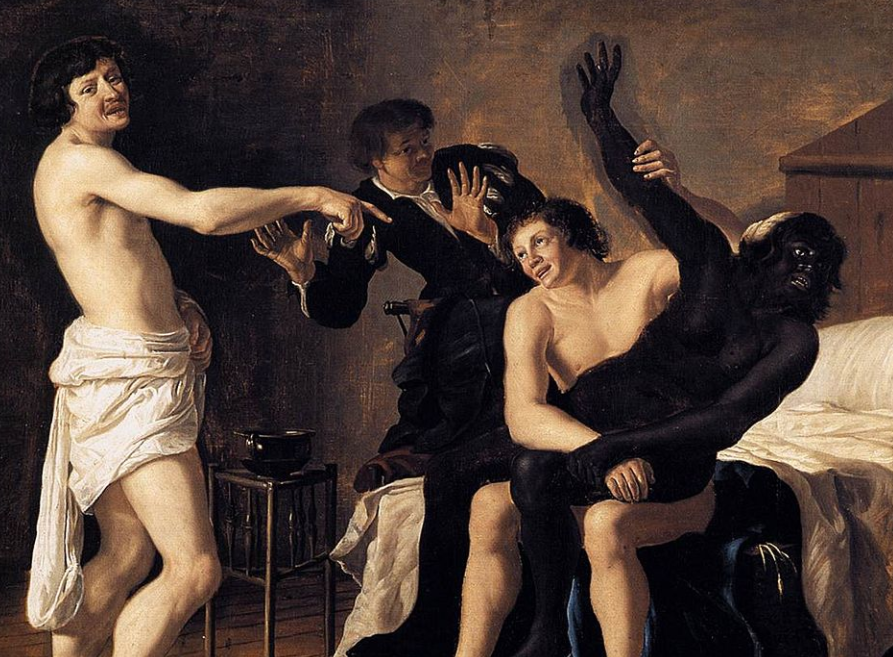
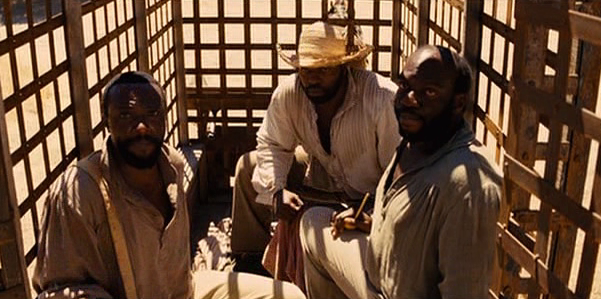
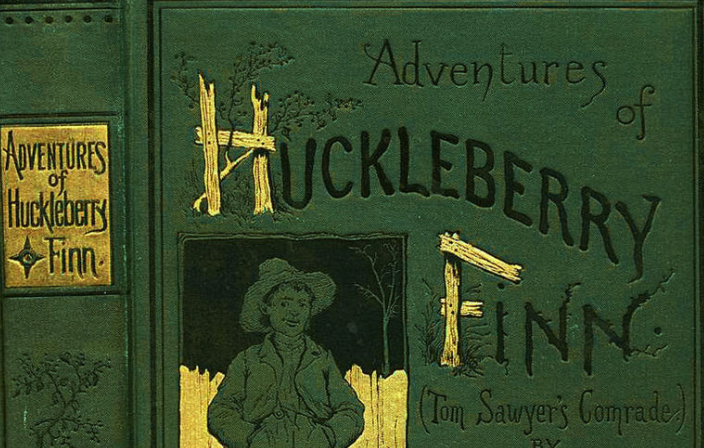
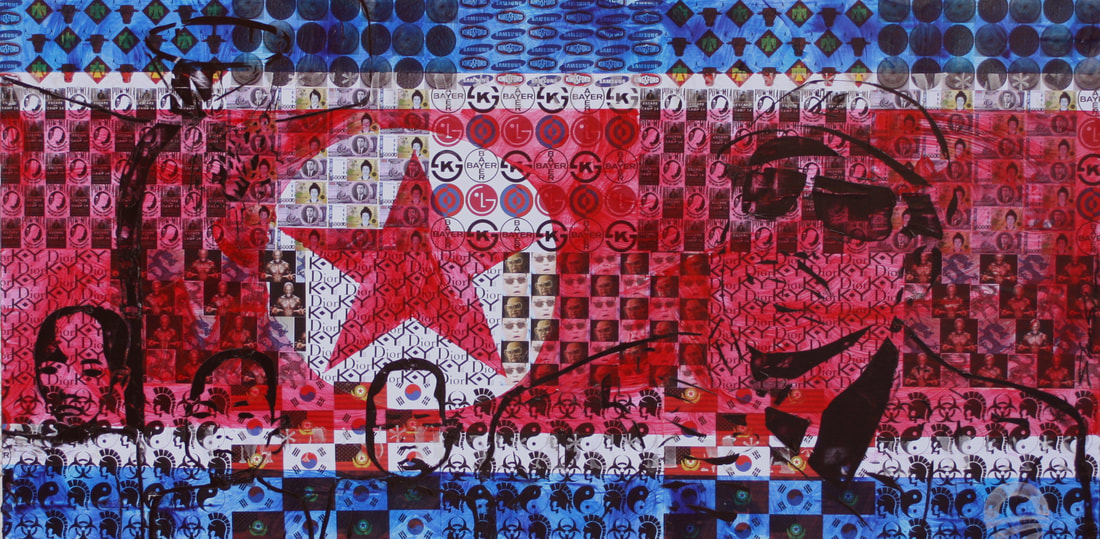
 RSS Feed
RSS Feed 